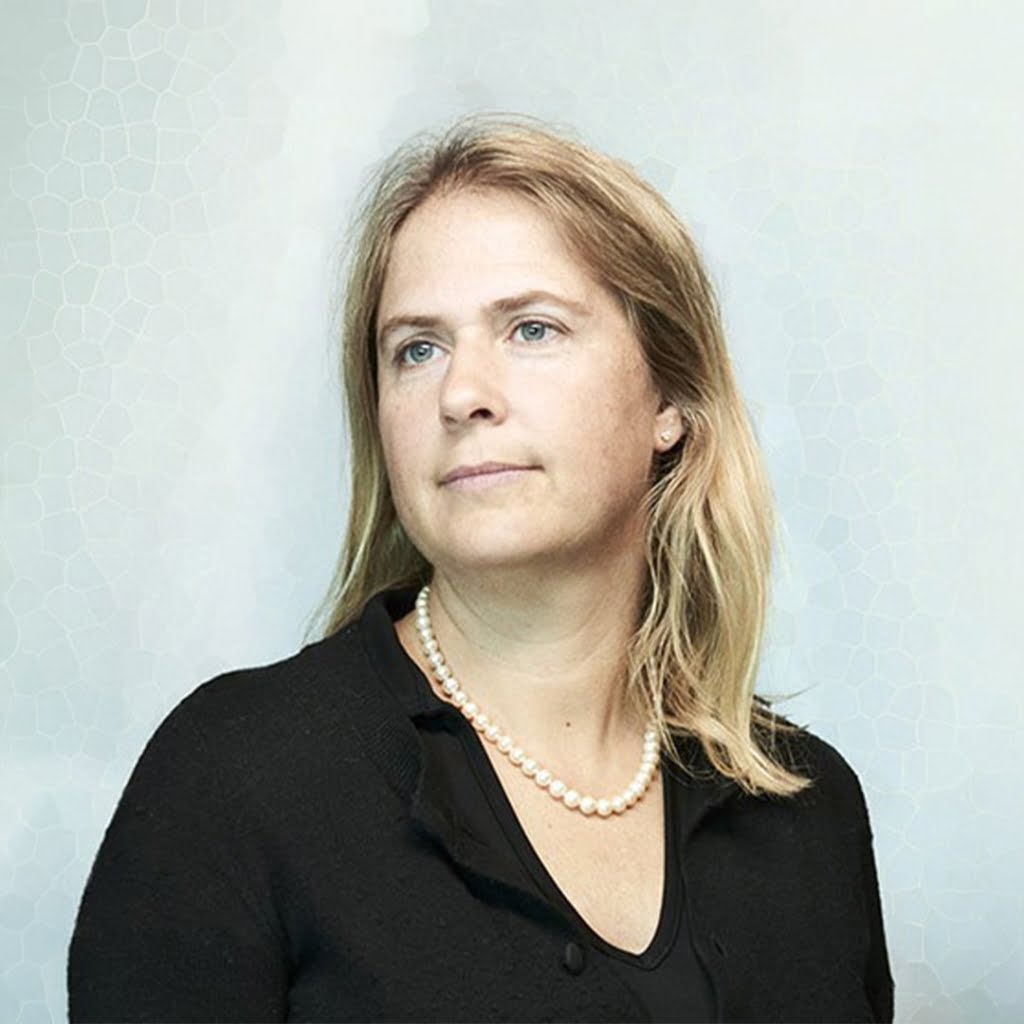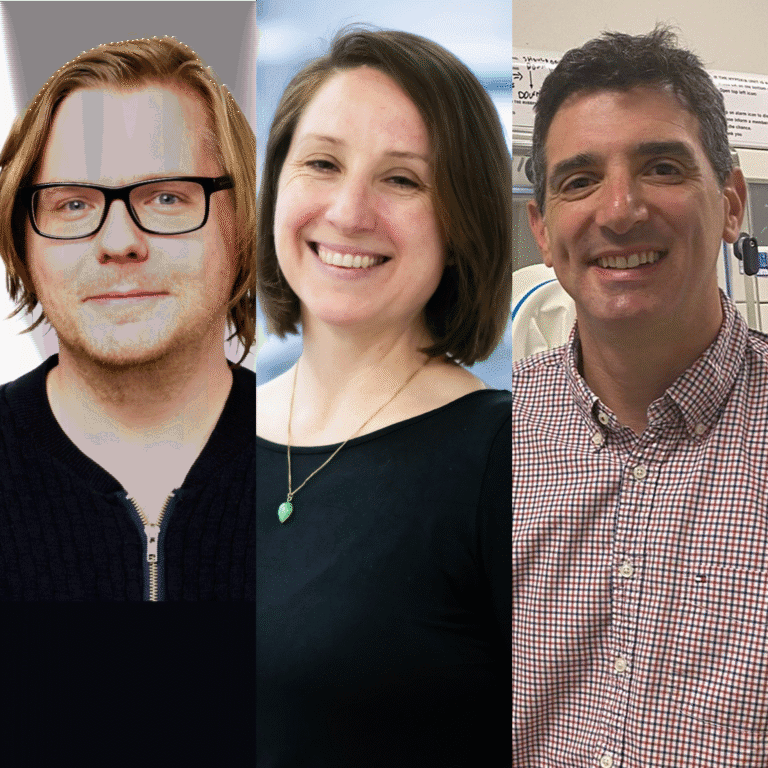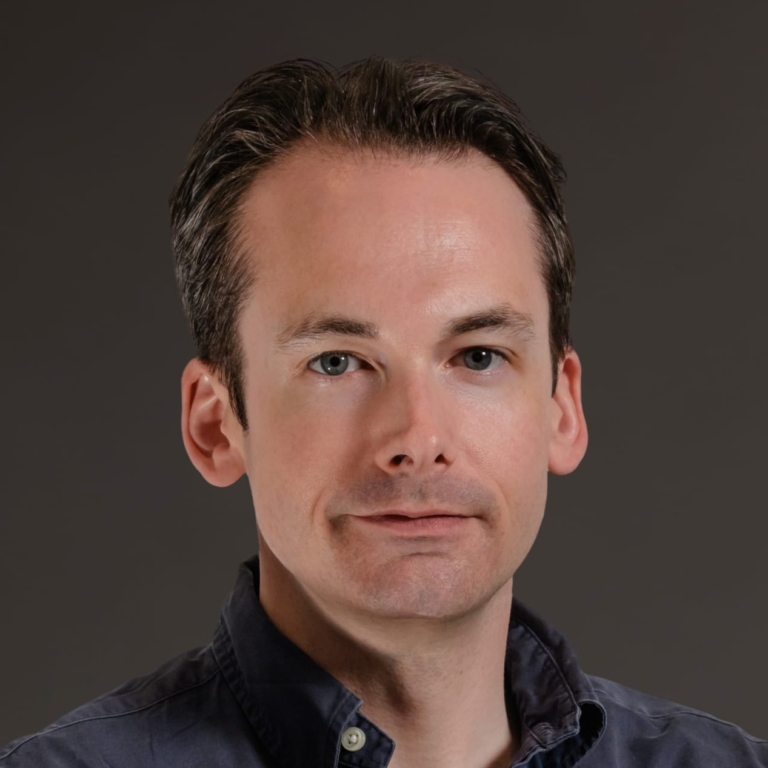We are very pleased to announce that three more Lister Fellows have been elected as Fellows of the Royal Society.
The Lister Institute has a long tradition of working with highly accomplished and credentialed biomedical researchers who gain significant recognition from other prestigious organisations and we are delighted to see this continue.
Below you can see details of the research areas and current roles of the three Fellows along with links for further information on each of them.

Dr Marius Clore
Dr Clore is an accomplished biophysicist known for pioneering the 3D structural determination of nucleic acids, proteins, and their complexes.
He has developed approaches that utilise nuclear magnetic resonance (NMR) spectroscopy and related methods to characterise the structure and dynamics of rare, short-lived conformational states.
Dr Clore is an NIH Distinguished Investigator and Chief at the Laboratory of Chemical Physics, National Institutes of Health (NIH).
Dr Clore is also an elected Member of the United States National Academy of Sciences and a Fellow of the American Academy of Arts and Sciences. He has previously been awarded the Royal Society of Chemistry Centenary Prize and the Biochemical Society Centenary Award.

Dr Sarah Teichmann
Dr Sarah Teichmann is Director of Research at the Cavendish Laboratory in the University of Cambridge.
Her research covers a variety of computational methods to explore genomics, structural biology, and single cell biology data.
This work has found that protein complexes assemble along stereotypical pathways, which helps us understand certain mechanisms of genetic diseases such as some cancers.
Dr Teichmann is Senior Research Fellow at the Churchill College and Cellular Genetics Programme Head at the Wellcome Sanger Institute, both based at the University of Cambridge.
In addition, she is co-founder and co-leader of the international Human Cell Atlas consortium, which uses single cell genomics and spatial methodologies to create a comprehensive, high resolution map of the human body.

Professor Nigel Scrutton
Professor Scrutton is Director of the UK Future Biomanufacturing Research Hub and Manchester Synthetic Biology Research Centre, as well as Professor of Molecular Enzymology at the University of Manchester.
His research focusses on enzyme catalysis, biophysics and synthetic biology. In particular, Professor Scrutton’s group investigates the mechanisms of enzymes and photoreceptors using various biophysical methods to study them on a range of timescales.
The aim of this work is to better understand the underlying chemistry of enzyme and photoreceptor actions in order to drive new applications in synthetic biology and metabolic engineering.



